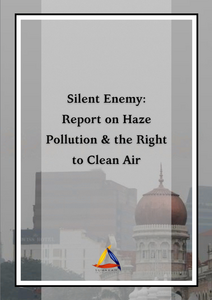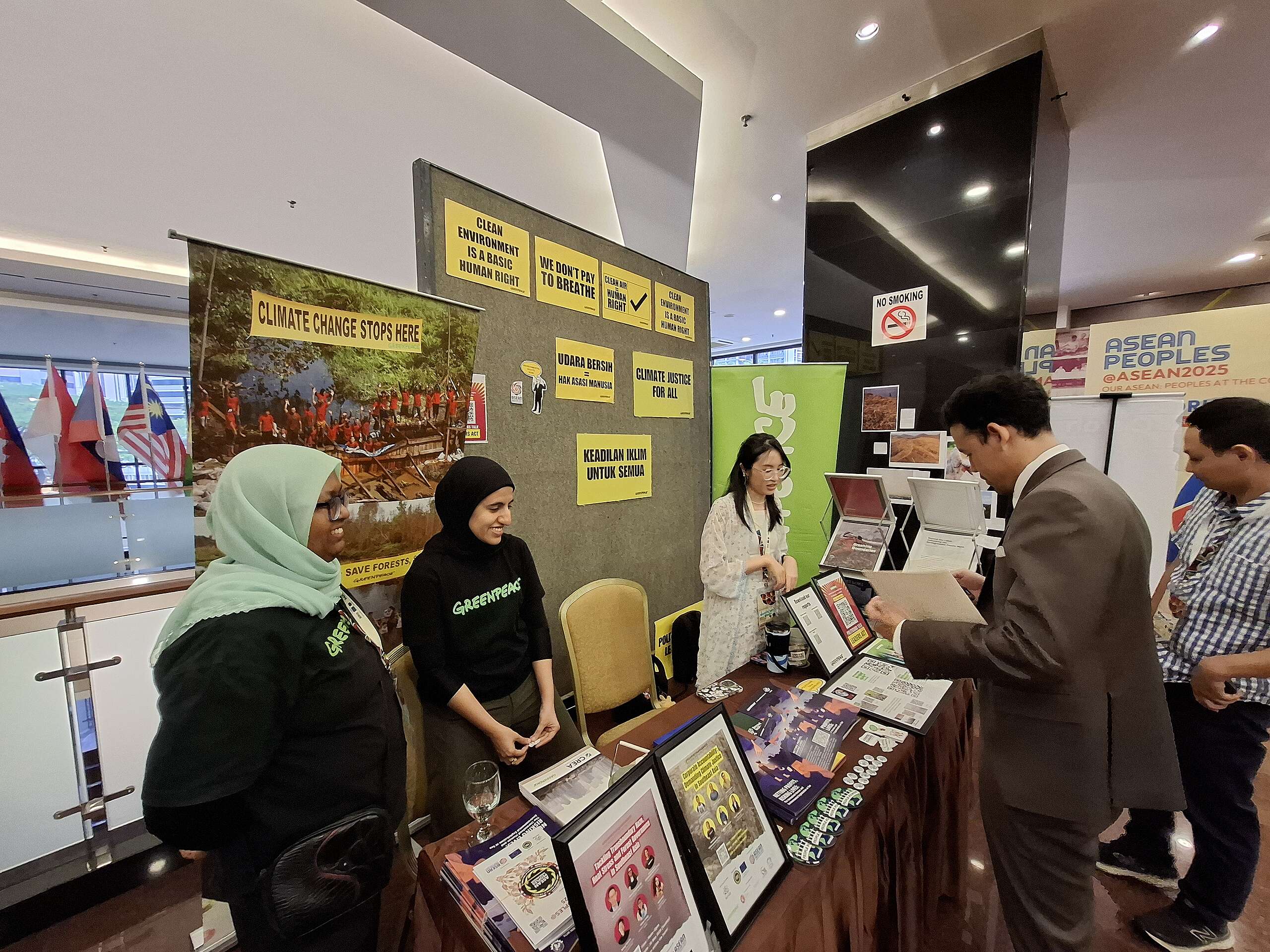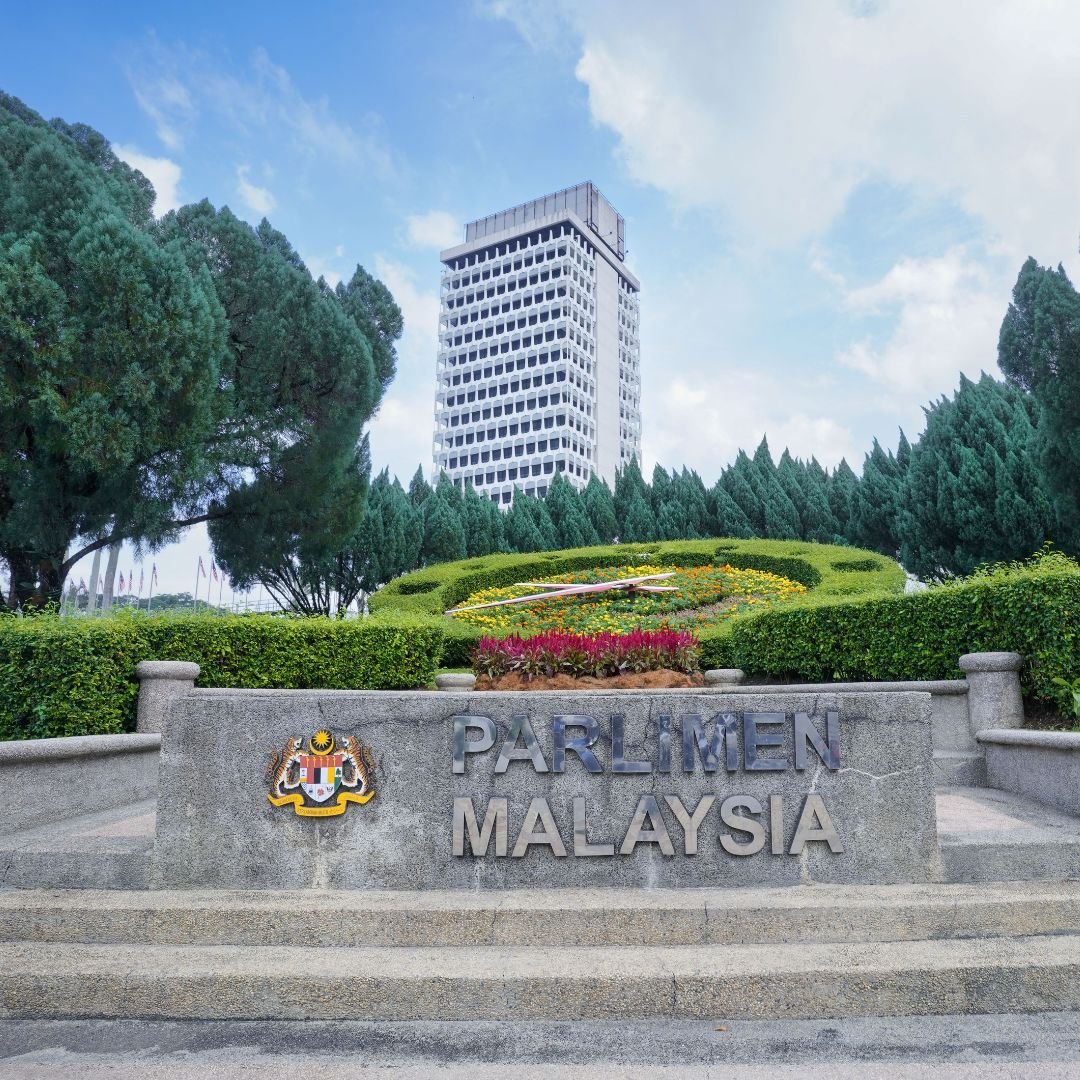Executive Summary

The Human Rights Commission of Malaysia (“SUHAKAM”), in collaboration with CERAH AntiHaze Action Coalition, organised a Roundtable Discussion (“RTD”) to gather the diverse perspectives of subject matter experts, legal advisers, and key stakeholders in order to develop concrete plans to address the issue of domestic and transboundary haze pollution.
The RTD focused on highlighting the root causes of haze pollution from agricultural, land use change, peatlands and meteorological concerns, on its impacts on economic, health and environmental aspects. These provided the foundations for an in-depth study into fundamental gaps in existing Malaysian and regional legal frameworks that result in a lack of access to justice and information, public participation, and governance. The RTD promoted the protection of society’s human rights to a safe, clean, and healthy environment free of air pollution through a broad discourse on ideas for solutions.
Transboundary haze has been a persistent environmental issue in Southeast Asia for over thirty years, significantly impacting air quality and public health. Defined by the Department of Environment as “haze pollution,” it consists of fine particulate matter suspended in the atmosphere at unhealthy concentrations.
To address gaps in Malaysia’s legal framework toward addressing haze pollution, SUHAKAM proposes the following recommendations:
- For the Malaysian government to amend the Federal Constitution to expressly recognise the right to a safe, clean, healthy and sustainable environment;
- For the Rules Committee, consisting of the Attorney General’s Chambers, Judiciary, Malaysian Bar, Sabah Law Society and Advocates Association of Sarawak, to amend the Rules of Court 2012 to include specific rules of civil procedure for environmental proceedings to improve access to justice;
- For the Malaysian government to enact a holistic framework legislation for clean air in Malaysia;
- For the Malaysian government to take the lead at the ASEAN level to propose the development of a protocol to the AATHP to establish a legally binding commitment by each Member State to enact domestic legislation to hold account its citizens and corporations domiciled in its own jurisdiction for their contribution to land and/or forest fires in other Member States;
- For the Malaysian government to accelerate the development of the National Action Plan on Business and Human Rights; and
- For the Malaysian government to accelerate the implementation of the Sustainable Development Goals, especially through institutional transformations across all levels of government to ensure inclusive participation of all stakeholders.



